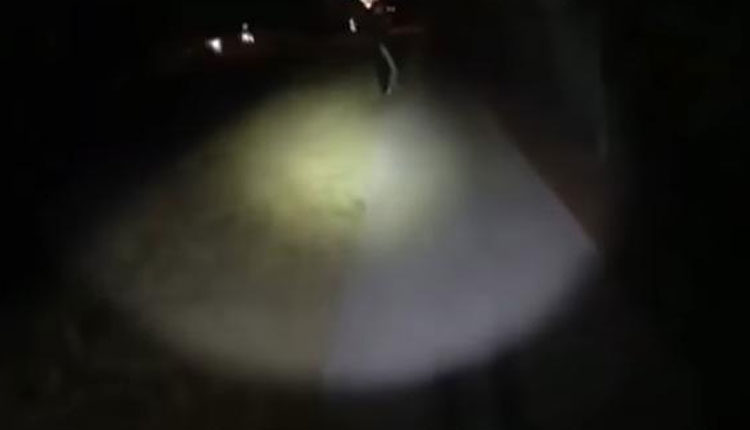“I Don’t Feel Good:” Heart Wrenching Bodycam Released Showing Salt Lake City Police Shooting Adolescent with Autism
The bodycam footage of police shooting thirteen year old Linden Cameron in Salt Lake City is out.
Watching the video is viscerally painful:
The mom explains that Linden needs hospitalization, but is terrified of police. He may have a gun, but it’s a pellet gun, or a prop gun, not a real one. The officer replies, “Unfortunately, we have to treat it like a real one.”
You can’t turn back the hands of time, but I wish you could. At the outset, a couple of the officers are speaking among themselves about how to handle the situation. “We can call sergeant and tell him the situation, because I’m not about to get in a shooting because he’s upset,” one said. Could we stop right there? Could you place that call?? With awful irony, new training they’ve received about using
de-escalation techniques becomes mandatory in a matter of hours.
Linden is seen running away from the police, but other officers are coming from the opposite direction so that he is now running towards the next set of them. “I don’t feel good,” Linden could be heard saying on video as officers violently shout at him to “Get on the ground.”At one point the 13-year-old says, “Tell my mom I love her.”
Then Linden says aloud, likely out of fear, that he has a gun. That is his undoing. An officer fires twelve shots at him. They yell at him to put his hands up as he lays on the ground. Not gonna happen. He is alive, but in very bad shape. Broken bones and perforated organs. No gun in his possession, only childish bluster.
The footage fills in the holes in the story, but not the holes in our hearts at the senselessness of another autism tragedy rooted in treating a mental health crisis as a crime in progress. The patchwork nature of police training in autism is a horror show. Some police head out with clear knowledge and training and a kit with weighted blankets, noise reducing headphones and fidget spinners while others bark commands and draw guns. We live in a big country with many states and 18,000 police jurisdictions. There needs to be nationalized standards of police training and preparedness and more partnerships with mental health professionals. Enough is enough.

